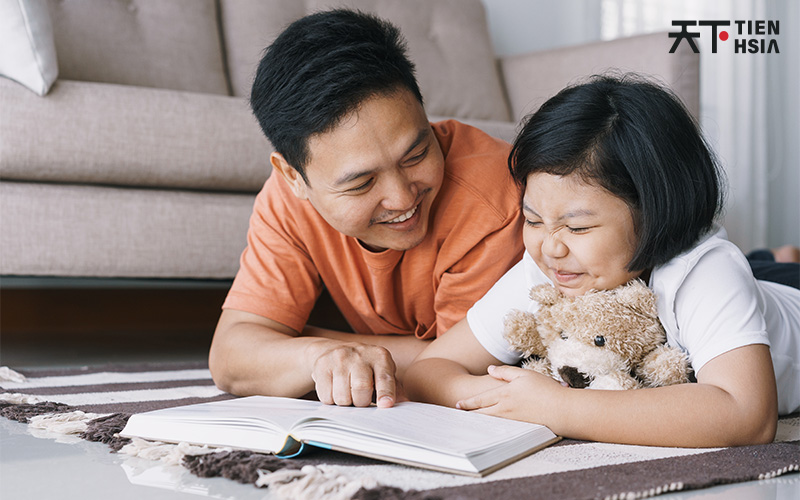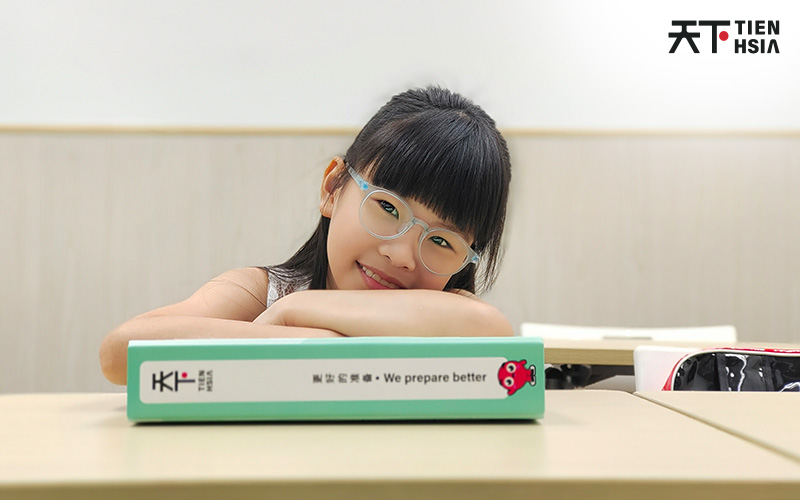November 13, 2025
Key Takeaways
- Language anxiety often stems from limited practice, fear of mistakes, or overly rigid classroom settings.
- Regular opportunities to use Chinese at home make the language feel more natural and less stressful.
- Encouragement matters more than perfection; recognising your child’s efforts helps them gain more confidence.
- Choosing the right Chinese tuition programme with supportive educators can help shy learners feel supported.
- Breaking learning into small, realistic goals can help keep their motivation high and build long-term confidence.
Understanding Language Anxiety in Young Learners
If your child clams up whenever the teacher calls on them in Chinese class or struggles with their oral exams, they may be struggling with language anxiety. This is more common than many parents realise, especially in Singapore, where almost 50% of households are primarily English-speaking. Along with the Primary School Leaving Examinations (PSLE) and school exams adding extra pressure, it’s easy for kids to lose their confidence.
Luckily, with the right strategies, you can help your child gradually overcome their fear of speaking Chinese. Here’s how.
1. Give Your Child More Chances to Practise
A common reason children struggle with language anxiety is simply not having enough practice. If Chinese is only used during lessons, it feels unfamiliar and harder to speak with ease. Without regular exposure, children may find it difficult to recall words or form sentences, which makes them even more hesitant to participate in class.
You can encourage more frequent practice by weaving Chinese into your child’s everyday routines. Chat with them about their day in Mandarin, read short stories together, or encourage them to speak Chinese when ordering food. The more they use the language in casual settings, the less intimidating it will feel in class.
2. Focus on Encouragement, Not Perfection
 The fear of being wrong can also cause children to freeze up when called upon in class. When every wrong tone or misused word feels like a failure, they may start avoiding Chinese altogether. This fear often matters more than the mistake itself.
The fear of being wrong can also cause children to freeze up when called upon in class. When every wrong tone or misused word feels like a failure, they may start avoiding Chinese altogether. This fear often matters more than the mistake itself.
Parents can help by shifting the focus from “getting it right” to “giving it a try”. Instead of correcting every slip immediately, praise your child for the effort: “I like how you used that new word.” Then, gently model the correct version. Over time, this builds confidence and shows them that mistakes are part of learning, not something to be ashamed of.
3. Choose a Supportive Learning Environment
 Traditional classrooms often rely heavily on drilling and memorisation. While this may help with exams, it can also increase language anxiety, especially for children who already feel uneasy about speaking up.
Traditional classrooms often rely heavily on drilling and memorisation. While this may help with exams, it can also increase language anxiety, especially for children who already feel uneasy about speaking up.
That’s why it’s important to enrol your child in Chinese tuition programmes that make learning more interactive and engaging. Storytelling, group activities, and class discussions provide your child with opportunities to practise the language more naturally. Even in more structured lessons, like PSLE Chinese tuition, teachers who balance rigour with encouragement can make a significant difference. When progress is valued as much as accuracy, students tend to feel safer and more confident about participating.
4. Set Realistic Goals and Celebrate Small Wins
When children feel like they need to become fluent overnight, learning Chinese can feel even more overwhelming. Instead of aiming for big leaps right away, break the process into small, achievable steps, like using one new phrase at the dinner table or answering a single question in class each week. Over time, these steady wins build momentum, giving them the motivation needed to keep going.
Building Language Confidence in Children at Tien Hsia
For many children in Singapore, Chinese can be a challenging subject to learn. However, it doesn’t have to stay that way. By offering more opportunities for practice, encouraging effort, and finding teachers who bring out the best in them, you can help your child overcome language anxiety. In time, they’ll not only perform better in class but also build a positive relationship with the language.
At Tien Hsia Language School, our primary Chinese tuition programmes are designed to make learning interactive, supportive, and confidence-building. With engaging lessons and experienced teachers, we help children develop not just exam readiness but also a genuine interest in using Chinese every day.
Curious about our approach? Arrange a complimentary trial and let your child experience a lesson with us. Contact us to get started.
